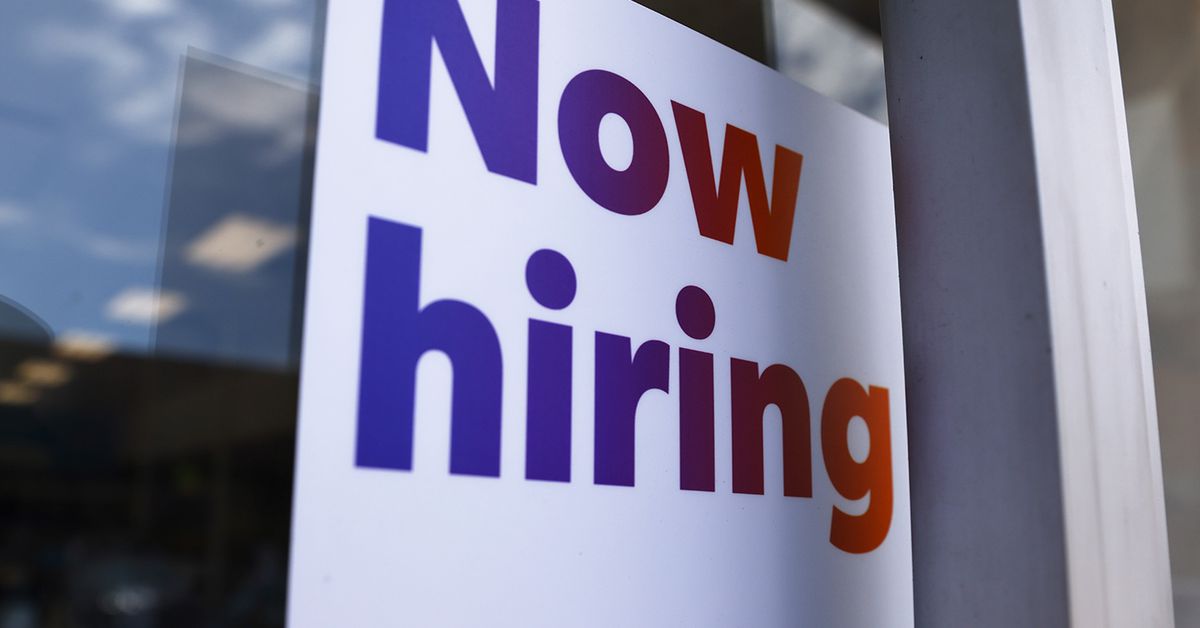Bitcoin Slips as US Economy Added a Strong 263K Jobs in November

Employers added 263,000 jobs in November, down from an upwardly revised 284,000 in October but topping expectations of 200,000 as the U.S. economy continues to show signs of strength. The unemployment rate remained at 3.7%, inline with expectations.
Bitcoin (BTC) has slipped about $200 on the news to $16,830. The monthly employment report has become key for traders as it influences the U.S. Federal Reserve’s monetary policy decisions, with higher rates this year among the factors behind the crypto bear market.
Checking traditional markets, Nasdaq futures have tumbled nearly 2% following the strong print and the 10-year Treasury yield has jumped 9 basis points to 3.6%.
The Fed in 2022 has lifted its benchmark Federal Funds rate from near zero to a range of 3.75% to 4% and is expected to approve another rate hike at the next meeting of the Federal Open Market Committee (FOMC) on December 13-14, taking the range up to 4.25%-4.5%. Index swaps are now pricing in a terminal Fed Funds rate of 4.95%, up from 4.6% a day ago.
“The labor market which is especially important for inflation … shows only tentative signs of rebalancing and wage growth remains well above levels that were consistent with 2% inflation over time,” Fed Chair Jay Powell said during an event at the Brookings Institution in Washington D.C. on Wednesday. “So despite some promising developments, we have a long way to go in restoring price stability.”
Fed Chair Jerome Powell both previously and again on Wednesday strongly hinted at slowing the pace of rate hikes from 75 basis points to 50 basis points this month, and indeed futures traders on the Chicago Mercantile Exchange (CME) had priced in an 81% chance of a 50 basis point move. In the minutes following this morning’s jobs report, that percentage was 77%.
“Given our progress in tightening policy, the timing of that moderation is far less significant than the questions of how much further we will need to raise rates to control inflation, and the length of time it will be necessary to hold policy at a restrictive level,” he said. “It seems to me likely that the ultimate level of rates will need to be somewhat higher than thought at the time of the September meeting.”
UPDATE (Dec. 2, 13:56): Adds additional reporting.
